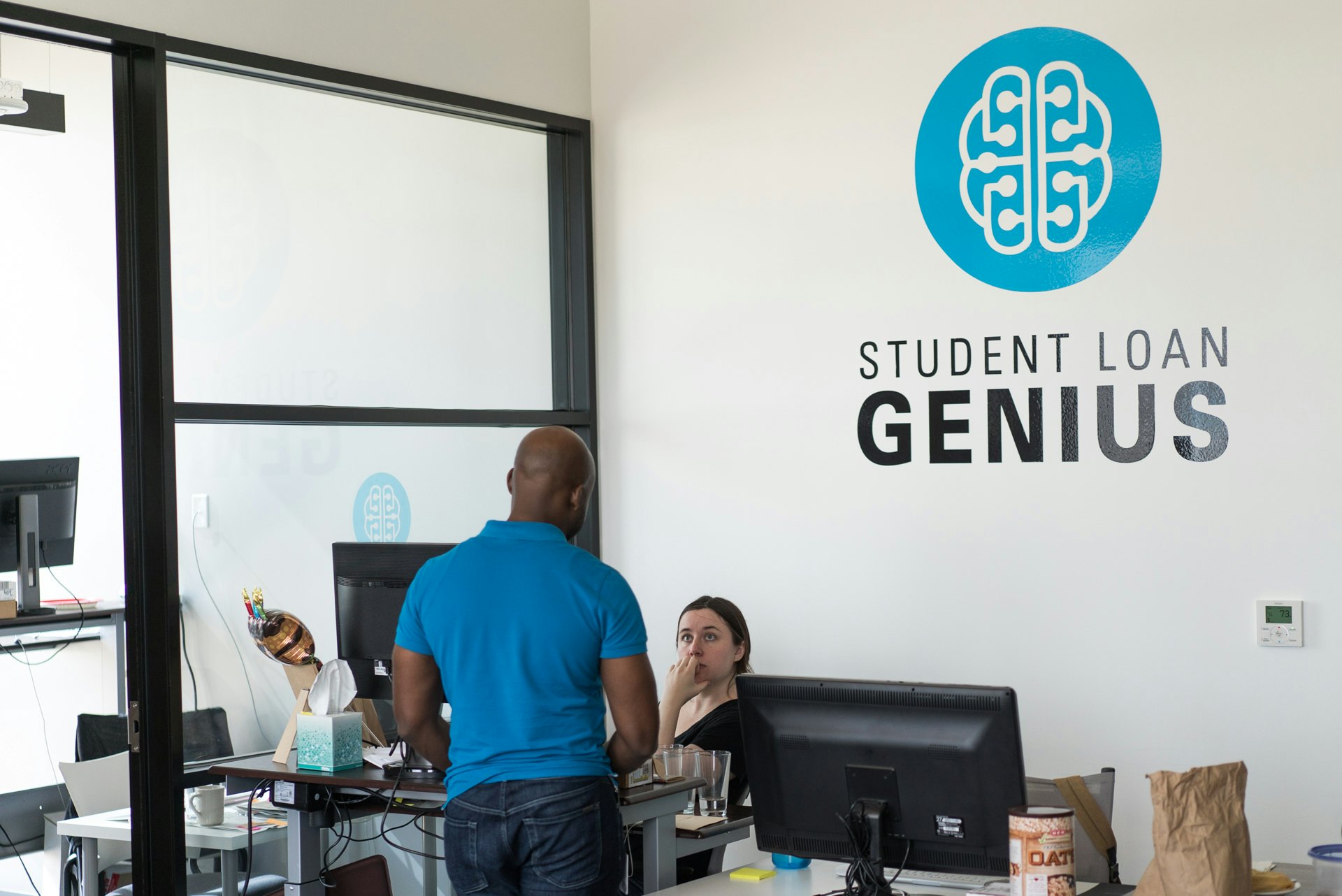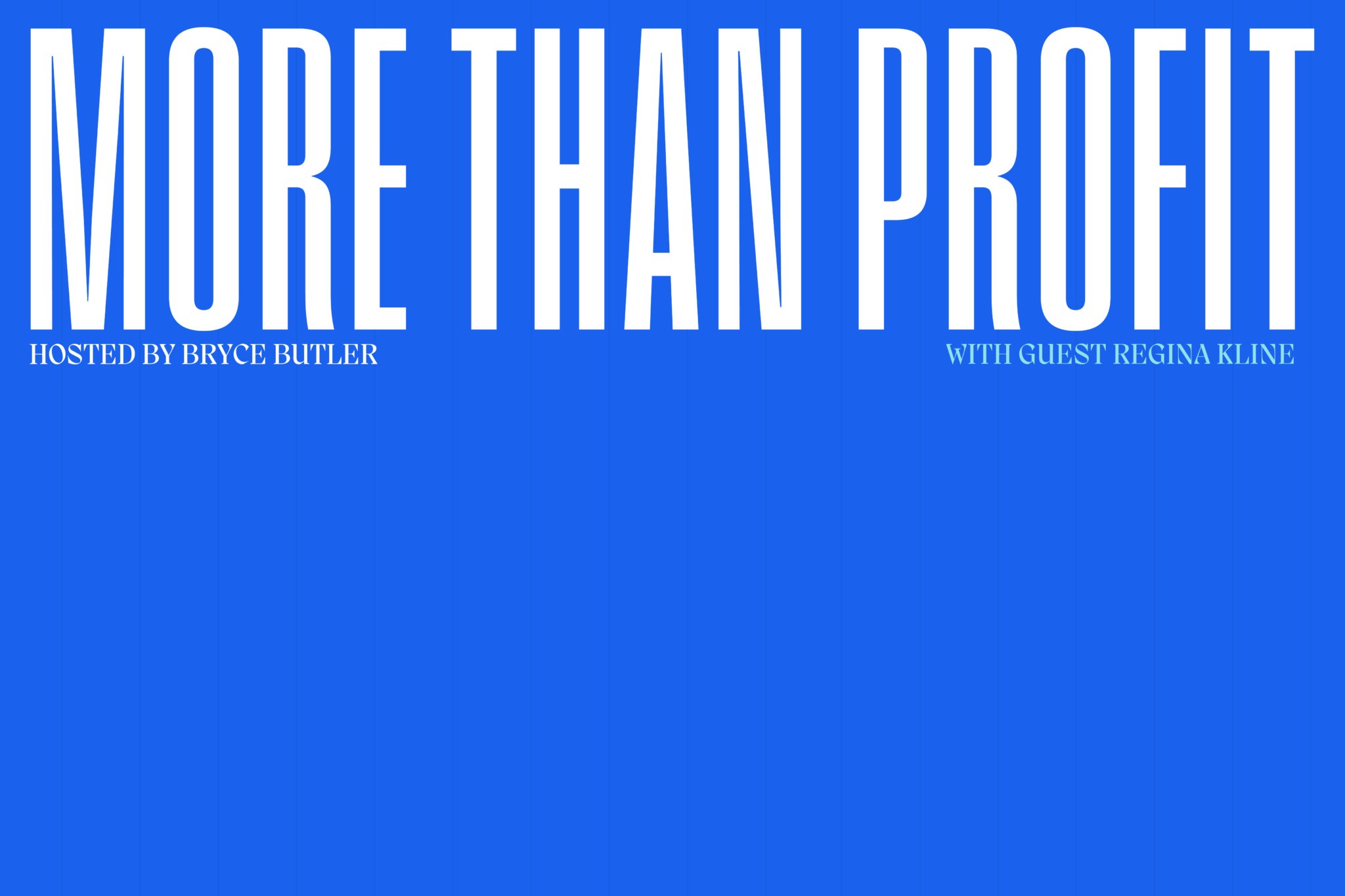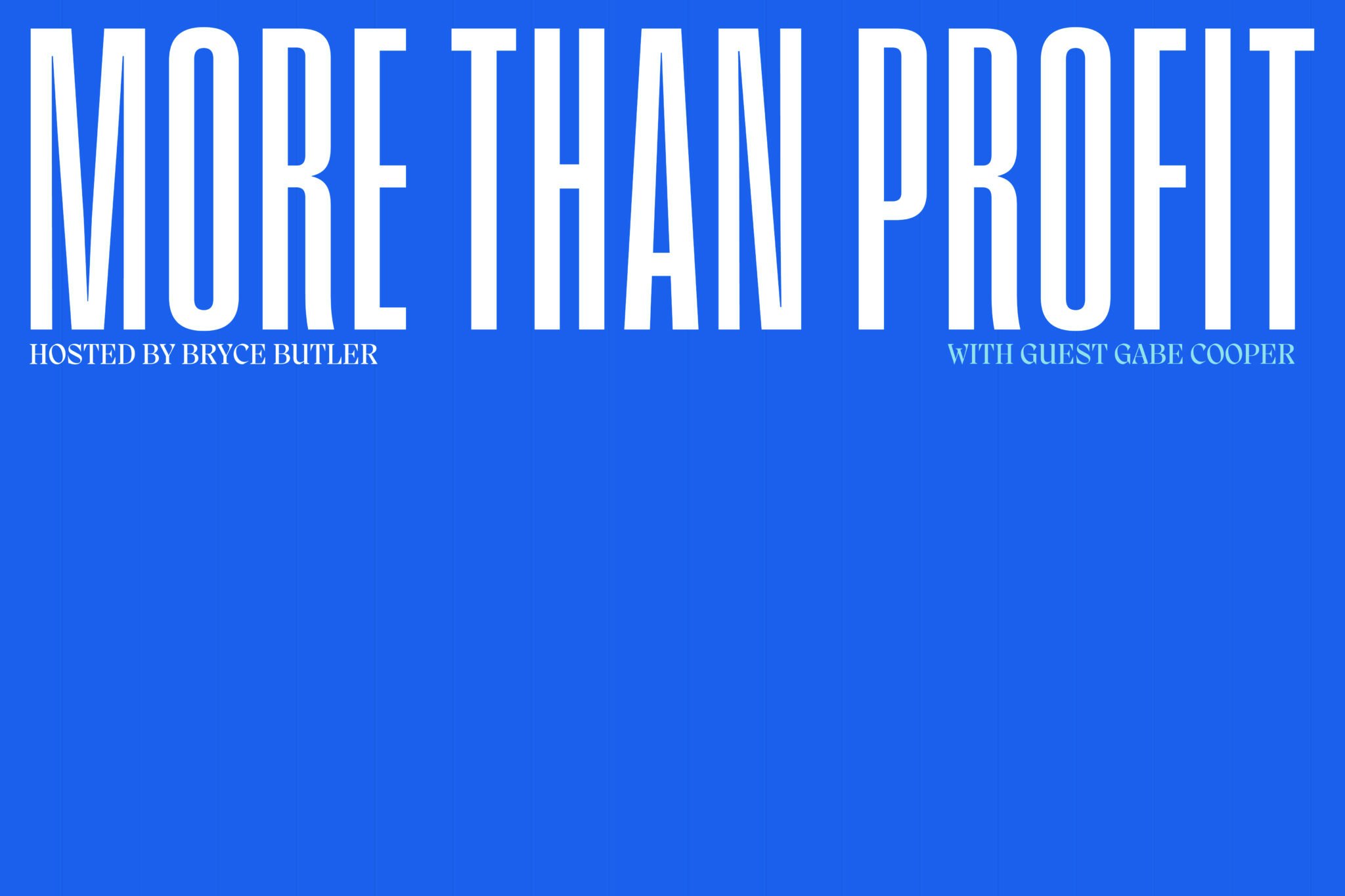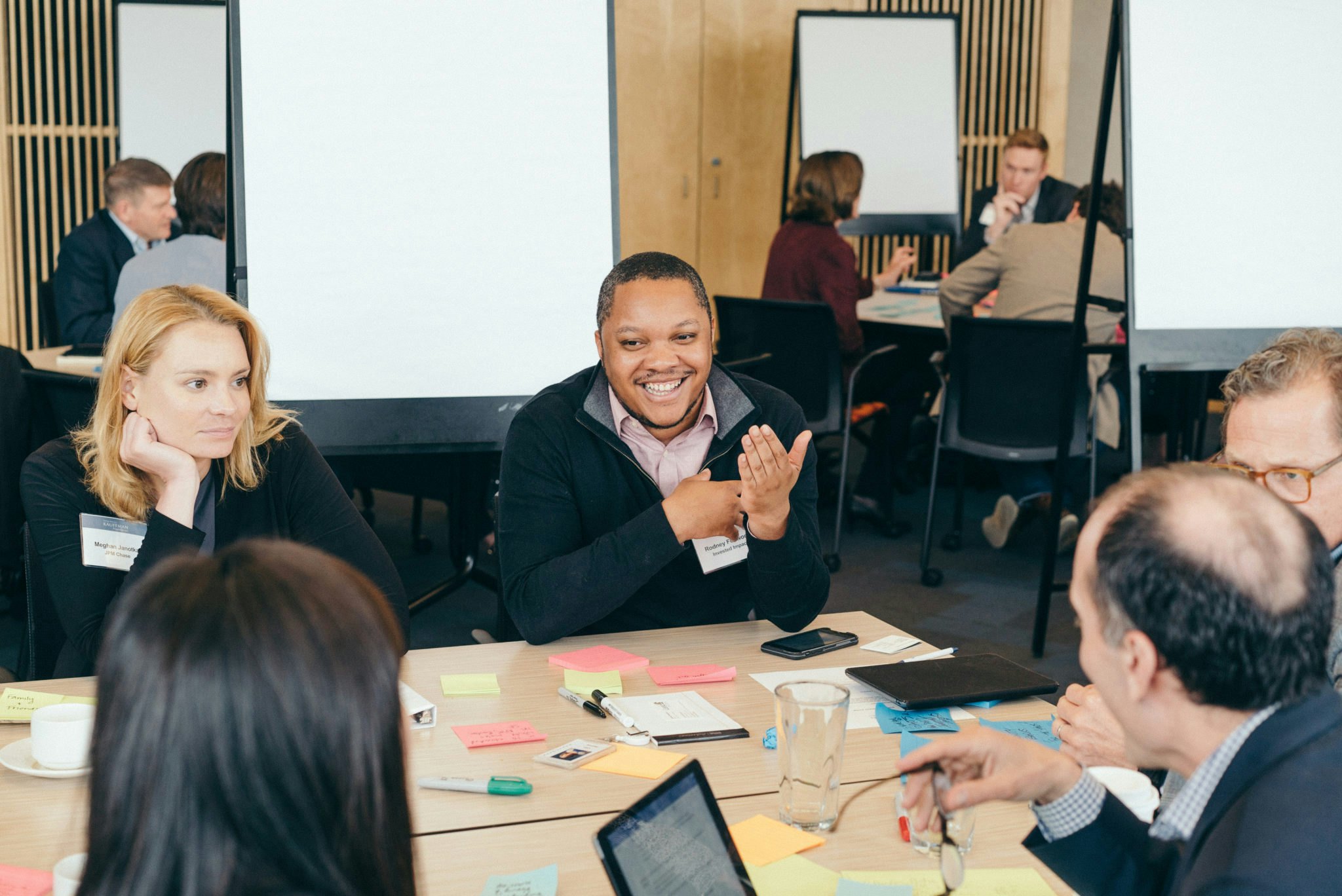Easing The Burden Of Student Loan Debt
Our collective economy is encumbered by the student debt crisis. Numerous studies link an increase in the student debt burden to a decrease in key engines of economic growth, from overall consumption to home ownership and business formation. In an article evaluating the economic impact of the student debt load, Rick Rieder, a chief investment officer at Blackrock, points out that a decrease in spending among young adults has an outsized impact on the American GDP:
“Young adults have traditionally been one of the primary drivers of U.S. economic growth, as they significantly ramp up their productivity and consumption post-graduation and into their 30s and 40s. They may spend and produce less than those in their 50s, but their spending and productivity levels have typically grown faster than those of older adults, fueling gross domestic product (GDP) growth. However, when young adults are saddled with disproportionate amounts of student debt, their consumption overall grows at a lower level than it would otherwise. With consumption making up 70% of U.S. GDP, economic growth also grows below its potential.”
The debt load also produces a social strain on individual borrowers and the broader American culture. A diverse sample of studies and reports link the student debt burden to borrowers’ decisions to delay marriage, to delay having children, and even to take a job (or two) outside of their desired field.


So What Can Be Done?
This student loan debt crisis has ballooned to such a level that some form of government intervention is necessary and likely the only comprehensive solution. The staggering scale of the crisis does, however, create compelling opportunities to leverage market forces to ease the debt burden.
Student Loan Genius is an example of a company within our portfolio that is leveraging innovation to help indebted students take chunks out of their outstanding balance. The Student Loan Genius team has done this by developing technology which empowers employers to offer a student debt matching program, much in the same way an employer might offer a 401(k) matching program.

The founding team at StraighterLine, meanwhile, have found their niche by focusing on reducing the total amount of debt a student needs to finance their degree, taking aim at the soaring cost of completing college which has far outpaced the cost of delivering a college education. They accomplish this by providing an alternative pathway for students to complete their first two years (typically marked by GenEd courses) before matriculating to a more traditional program to complete their degree. Through this alternative pathway, StraighterLine can reduce the total cost of completing the same undergraduate degree.
It is, in thinking up creative ways to leverage the economic forces produced by the mountain of student debt, important to diligently guard against exploitive models and behavior. A college degree is, appropriately, tied up with hope and aspiration language in a way that provides ample opportunity to camouflage profiteering.
As impact investors, we are familiar with the tension created by the ambition to marry impact with profit and are on constant guard to identify and avoid exploitive models dressed in noble language. The outcome of this ambition is special when done right, as the resulting business models leverage the power of market forces to solve some of our most acute social ails — i.e. reducing the student debt burden in a manner that is both profitable and truly value giving for students. In StraighterLine’s case, the more students enroll in their courses, the more money the company makes, and, the lower the total amount of money borrowed to finance the same degree. There is a positive correlation between positive impact and profit. Student Loan Genius’s model, on the other hand, leverages employers’ need to attract and retain young talent by offering an innovative benefit that is in unfortunately high demand (the high rates of employee turnover, particularly among young workers, and the cost of turnover to employers are a topics worthy of their own blog posts).
We believe there are many more innovations that the discerning entrepreneur can dream up to help ease this burden in a manner that is both responsible and profitable. We have found that the best way to safeguard against conflicts of interest–to navigate the hazards sparked by attempts to marry impact and profit–is to seek out and partner with organizations that have business models which lock impact and profit in a positively correlated relationship.



